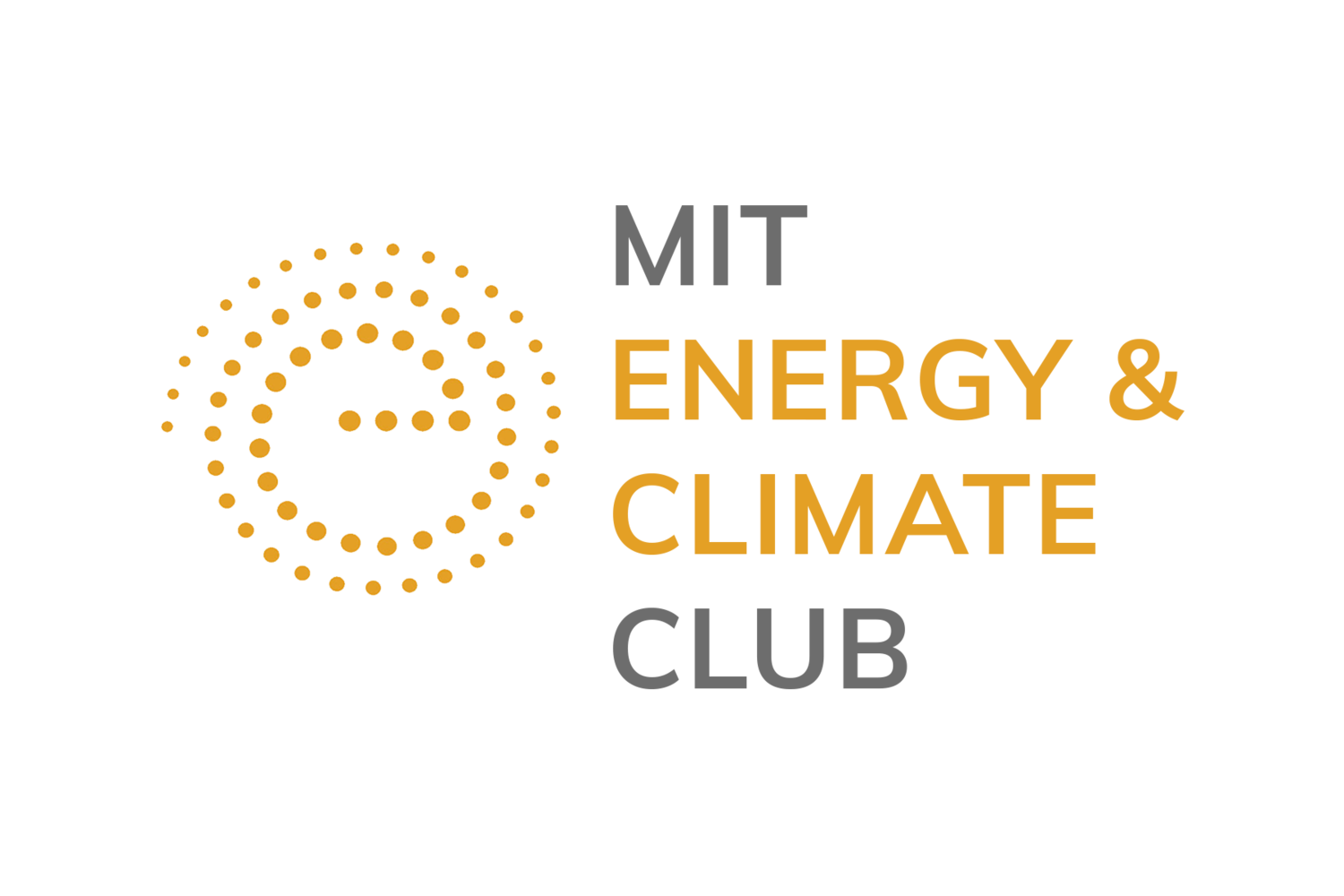The following opinion piece by Robert Cunningham (MIT Sloan MBA ‘22), originally posted to LinkedIn, is shared here with his permission.
Energy transition can be an uncomfortable subject. In some professional circles, it is entirely a third rail issue. Implicit in the term itself is change – an evolution from an energy landscape we understand to one that is different. And more often than not, people resist change. Particularly today, as we emerge from quarantine with more than 10% of the country looking for work, most can relate to a fear of the unknown in one’s professional life. But for energy lifers, this sensation speeds past mere apprehension and approaches something more profound.
Many energy professionals are having an identity crisis. Often parents, neighbors, and pillars of our childhood communities worked in oil & gas. And that is among the many reasons why any discussion around a zero-sum energy transition, particularly with commentary disparaging oil & gas companies, becomes such an emotionally charged debate. Whether intentional or not, it is perceived as an indictment of one’s values, choices, and way of life. Is it any wonder that would evoke such a visceral response?
There is undeniable dignity in providing low-cost power and fuels to individuals all over the world, giving them the time and freedom to pursue their own hopes and dreams. That is precisely what the global energy sector has aspired to do since its inception. And for the first time in anyone’s lifetime, renewable energy technologies have an attractive standalone, unsubsidized investment case and a growing number of compelling use cases to complement their positive environmental impact. The global energy mix is changing, and progress in decoupling economic development and rising greenhouse gas emissions is a noble pursuit.
But like many conversations today, the discussion around the future of energy has become increasingly polarized and politicized. Participants and stakeholders on all sides selectively dismiss facts that do not suit their worldview or professional ambitions. Climate scientists communicate that society is not reducing net emissions quickly enough to avoid the worst impacts of climate change, and oil & gas professionals often feel persecuted. Project developers describe how a new pipeline can lower emissions by taking tanker trucks off the road, and concerned citizens invariably question their motives. Industry factions are talking past each other and conference rooms are becoming ideological echo chambers.
Look no further than the language traditionally used to frame the conversation. If select subsectors collectively represent “Clean Energy,” what does that imply about everyone else’s jobs? Here on LinkedIn, the two industry choices available for energy professionals are limited to i) Oil & Energy and ii) Renewables & Environment, the inherent implication being that those working in the former category are somehow apathetic toward a healthy environment. This is an unfortunate false dichotomy. The ironic reality is that a meaningful number of those that chose to work in Oil & Energy did so for the added benefit of being able to earn a living outdoors. It’s hard to imagine a sector with more passionate conservationists and outdoorspeople per capita than the global energy sector.
Why divide an industry with the same fundamental goal? Emissions reductions from one subsector are no more valuable than equivalent reductions from another. Policymakers are no more inherently ethical than petroleum engineers, and vice versa. The only relevant distinction among the industry's workforce should be between the conscientious and the indifferent. The same question is top of mind for all thoughtful energy industry professionals and enthusiasts, from seasoned oilfield workers to the most vocal environmental activists: What kind of world will our kids inherit? Our industry should celebrate this collective driving force – we all want a better future.
Far from a call to action, this is a humble and gentle reminder that we can go further in effecting an equitable energy transition by building bridges throughout our increasingly fragmented industry. We can start by remaining open-minded, embracing the dialogue, and simply appreciating each other’s humanity. The energy industry is made up of immensely talented, universally imperfect individuals, and no single group can or should occupy the moral high ground in our incredibly important collective pursuit of improving life on our spectacular planet.







